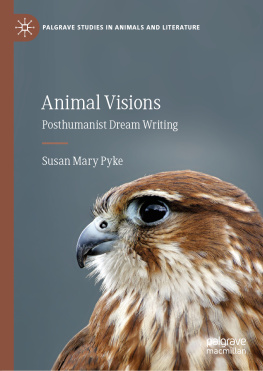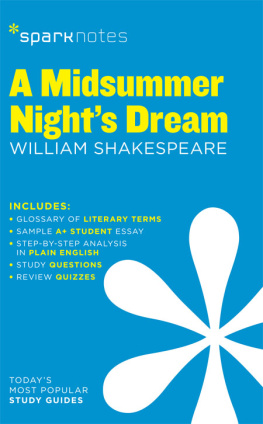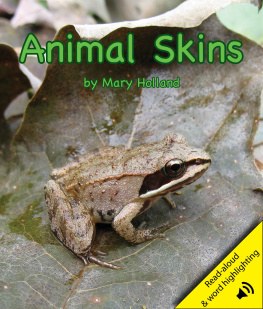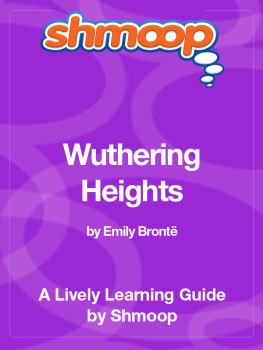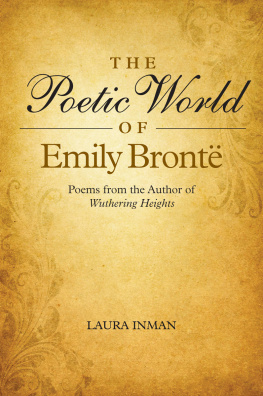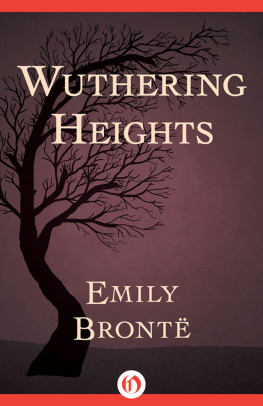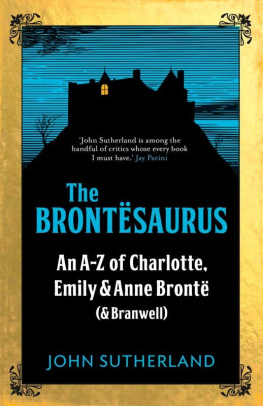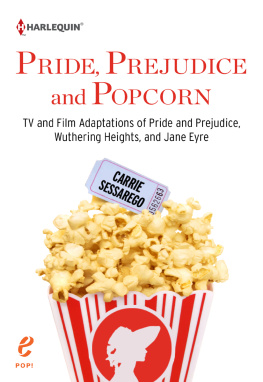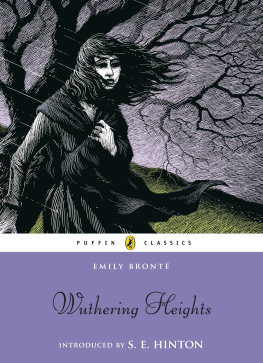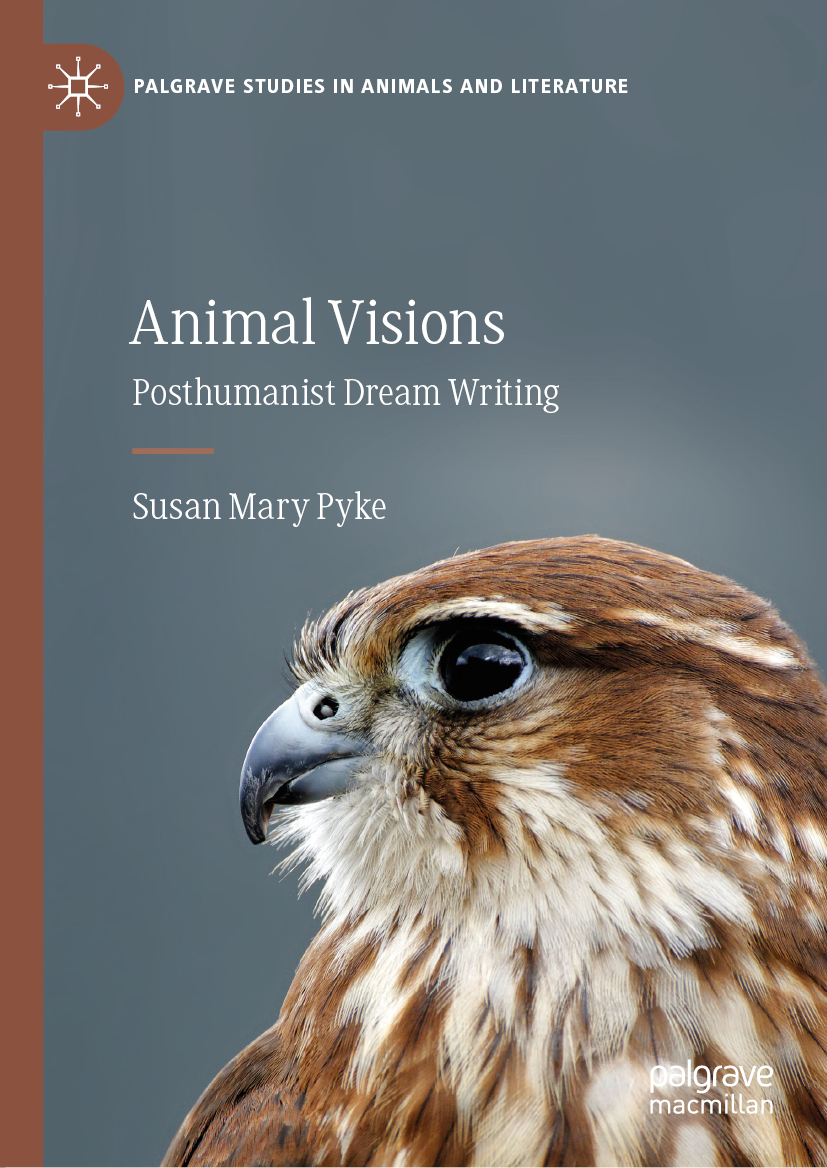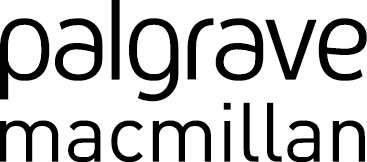Palgrave Studies in Animals and Literature
Series Editors
Susan McHugh
Department of English, University of New England, Biddeford, ME, USA
Robert McKay
School of English, University of Sheffield, Sheffield, UK
John Miller
School of English, University of Sheffield, Sheffield, UK
Various academic disciplines can now be found in the process of executing an animal turn, questioning the ethical and philosophical grounds of human exceptionalism by taking seriously the nonhuman animal presences that haunt the margins of history, anthropology, philosophy, sociology and literary studies. Such work is characterised by a series of broad, cross-disciplinary questions. How might we rethink and problematise the separation of the human from other animals? What are the ethical and political stakes of our relationships with other species? How might we locate and understand the agency of animals in human cultures? This series publishes work that looks, specifically, at the implications of the animal turn for the field of English Studies. Language is often thought of as the key marker of humanitys difference from other species; animals may have codes, calls or songs, but humans have a mode of communication of a wholly other order. The primary motivation is to muddy this assumption and to animalise the canons of English Literature by rethinking representations of animals and interspecies encounter. Whereas animals are conventionally read as objects of fable, allegory or metaphor (and as signs of specifically human concerns), this series significantly extends the new insights of interdisciplinary animal studies by tracing the engagement of such figuration with the material lives of animals. It examines textual cultures as variously embodying a debt to or an intimacy with animals and advances understanding of how the aesthetic engagements of literary arts have always done more than simply illustrate natural history. We publish studies of the representation of animals in literary texts from the Middle Ages to the present and with reference to the disciplines key thematic concerns, genres and critical methods. The series focuses on literary prose and poetry, while also accommodating related discussion of the full range of materials and texts and contexts (from theatre and film to fine art, journalism, the law, popular writing and other cultural ephemera) with which English studies now engages.
Series Board
Karl Steel (Brooklyn College)
Erica Fudge (Strathclyde)
Kevin Hutchings (UNBC)
Philip Armstrong (Canterbury)
Carrie Rohman (Lafayette)
Wendy Woodward (Western Cape)
More information about this series at http://www.palgrave.com/gp/series/14649
Susan Mary Pyke
Animal Visions Posthumanist Dream Writing
Susan Mary Pyke
School of Culture and Communication, University of Melbourne, Parkville, VIC, Australia
Palgrave Studies in Animals and Literature
ISBN 978-3-030-03876-2 e-ISBN 978-3-030-03877-9
https://doi.org/10.1007/978-3-030-03877-9
Library of Congress Control Number: 2019930401
The Editor(s) (if applicable) and The Author(s), under exclusive license to Springer Nature Switzerland AG, part of Springer Nature 2019
This work is subject to copyright. All rights are solely and exclusively licensed by the Publisher, whether the whole or part of the material is concerned, specifically the rights of translation, reprinting, reuse of illustrations, recitation, broadcasting, reproduction on microfilms or in any other physical way, and transmission or information storage and retrieval, electronic adaptation, computer software, or by similar or dissimilar methodology now known or hereafter developed.
The use of general descriptive names, registered names, trademarks, service marks, etc. in this publication does not imply, even in the absence of a specific statement, that such names are exempt from the relevant protective laws and regulations and therefore free for general use.
The publisher, the authors and the editors are safe to assume that the advice and information in this book are believed to be true and accurate at the date of publication. Neither the publisher nor the authors or the editors give a warranty, express or implied, with respect to the material contained herein or for any errors or omissions that may have been made. The publisher remains neutral with regard to jurisdictional claims in published maps and institutional affiliations.
Cover illustration: Merlin Hawk. David Carton/Alamy Stock Photo
This Palgrave Macmillan imprint is published by the registered company Springer Nature Switzerland AG
The registered company address is: Gewerbestrasse 11, 6330 Cham, Switzerland
Acknowledgements
Gratitude beyond my skin is due to Djargurdwurrung Country, including the Mullungkil Gundidj, present in the past that formed my childhood and thus the understanding of my being. I also acknowledge Wurundjeri Country, who grants me the habitations of my adult life.
In its doctoral phases of this project, the inspiration and care of Marion May Campbell and Grace Moore allowed me to proceed freely in the directions that intrigued me. I am indebted to the big-heartedness and wit of these two exceptional women, who remain my highly treasured mentors. My work is marked by the late Greg Dening, whose encouragement and storytelling marks the rhythms of my writing. I also owe much to my two insightful anonymous readers, both brought to an earlier version of this work by Palgrave Macmillan. Their generous responses have helped shape my thinking into this current form.
I have received much wisdom and warmth from the staff and students of the University of Melbourne, particularly in teaching Gothic Fictions, Interdisciplinarity and the Environment, the Creative Writing Advanced Workshop and Textual Revelations. I have been kept focused on the political importance of this work by the intellectual support of members of the SenseLab, the Knowing Animals Reading Group, Ecofeminist Fridays and the Victorian Reading Group.
Funding through the University of Melbournes Amy Gaye Cowper Tennent Memorial Scholarship, Felix Myer Scholarship, School of Graduate Research and Faculty of Arts allowed me to add sights, sounds, taste and feel to my literary understanding of the Stanford Moor and began my engagement with the coterie of literary scholars who share my passions in creative writing, animal studies, ecocriticism and Victorian studies.
I am also very grateful for the support of the editors who made room for my work in their collections, as I found my way towards Animal Visions . These publications and editors include: The Feel of the East Wind: Ghostly Crossings between the Known and Beyond, in New Writing: The International Journal for the Practice and Theory of Creative Writing edited by Graeme Harper (2011, 9:1); Divine Wings: Literary Flights between the Cyclic Avian in Emily Bronts Poems and Oblivias Swan Song in Alexis Wrights The Swan Book , in Otherness , edited by Sune Borkfelt (2016, 5:2); Citizen Snake: Uncoiling Human Bindings for Life, in The Materiality of Love: Essays on Affection and Cultural Practice , edited by Anna Malinowska and Michael Gratzke (2017, London: Routledge); Cathys Whip and Heathcliffs Snarl: Control, Violence, Care and Rights in Bronts

